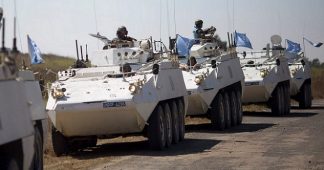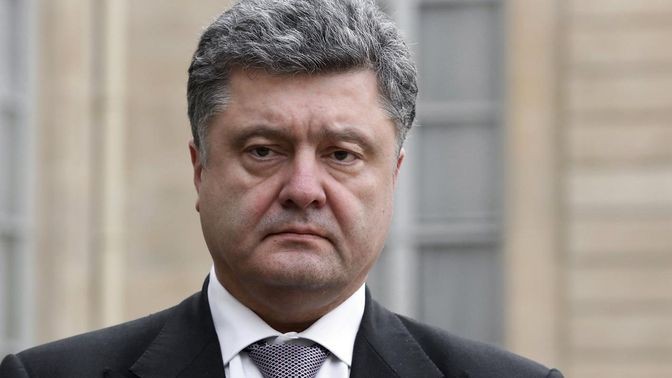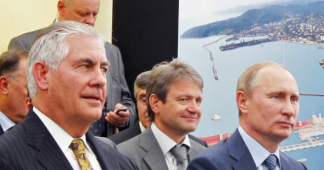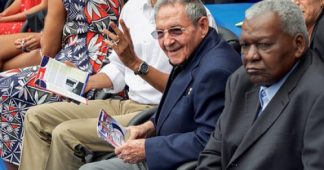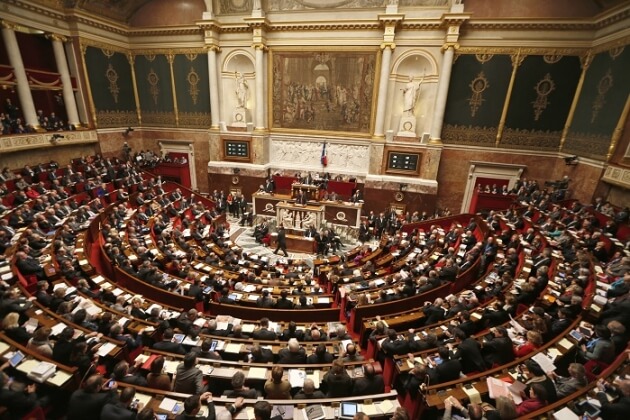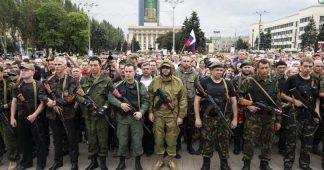By Giulietto Chiesa *
The Third Committee of UN General Assembly voted on a resolution of condemnation about the “violation of human rights in Crimea”, as demanded by the current President of Ukraine, Petr Poroshenko.
We cannot state that the legal procedure was ignored, but the resolution was approved by all the European countries, that voted it unanimously.
Along with them, the United States, Israel (which took almost all the territories of Cisjordan and for some decades established an ‘apartheid regime’ against Palestinian people), Japan, Australia and New Zeland voted, plus a long list of smaller countries. All of them were compelled to follow the imperial orders. Turkey voted in favor as well, despite the recent good relations between the President of Turkey and the President of Russia and – above all -regardless of the situation of human rights for the Kurdish people, still far from being acceptable. Altogether, the countries in favor were only 71, not many compared to the majority in the Third Committee.
Indeed, 77 states abstained. Together with the 25 countries who voted against and with the vote of Russia, it makes a total of 103 countries that choose not to follow the Western instructions. That was not a great achievement for Kiev: however, Ukraine felt this as “an important step in order to defend the Patriots in the peninsula”.
The resolution strongly blames Russia for the “repression against Crimean Tatars”, all of them identified with a group called “Medzhlis of the people of Tatars in Crimea”. However, the group doesn’t represent all the Tartars of Crimea. It is an organization funded by the United States and – for this reason – banned by the Moscow government as extremist. And, moreover, it demands that United Nations sends “international observers” over to Crimea.
It is a remarkable “coincidence” that this demand arrives together with the pressure – put by Kiev and supported by the European governments – towards the creation of a so-called “peace force” on the contended areas, which separate the two republics of Donbass from the territory of Ukraine. This operation could be very much more harmful and might not bring about peace at all to the Donetsk and Lugansk People’s Republics. Indeed, everything depends on how these “peace forces” are composed, on who is going to lead them and by whom they are formed. Chances of provocations and operations of diversion might hugely increase and get out of control.
The experience of the OSCE observers in that region already proved that their reliability, neutrality, and autonomy are everything but firm and above suspicion (as they are supposed to be). Let’s imagine what would mean to send over other armed contingents, which are only formally “neutral” and actually very involved in the dispute, by taking one side against the other. We hope that this dangerous pressure won’t work, in the interest of peace.
In any case, regarding Crimea – already part of Russia – obviously such measures won’t be taken. This country won’t accept them. Nevertheless, Europe is continuing to support a regime established by a putsch and that is violating all the International laws. It is interesting to look at the list of the countries who voted against the resolution. Beside the dissenting vote of Russia, among the countries that voted against it we find the whole alliance of the BRICS – Russia, India, China, South Africa, except Brazil (non-voter) – together with Iran, Syria, North Korea, Armenia, Belarus, Philippines, Venezuela, Myanmar, Zimbabwe, Burundi, Cuba, Eritrea, Kazakhstan, Kyrgyzstan, Nicaragua, Uganda, Sudan, Serbia, Uzbekistan, Bolivia.
* Giulietto Chiesa is one of the best known Italian journalists. He was Moscow correspondent for twenty years for “L’Unità” and “La Stampa”. He worked with all major Italian television channels, from the TG1 to TG3 and TG5 and is currently political analyst for major Russian television channels. He is the only Italian journalist to be repeatedly mentioned in the autobiography of Mikhail Gorbachev, whom he has repeatedly interviewed. He writes a blog for “Il Fatto Quotidiano”. His own blog is http://www.megachip.info/ . He is founder and director of Pandoratv.it web tv. An expert in international politics and communications scholar, he founded the political-cultural movement “Alternativa”. Among his credits there are some best-sellers such as “Endless War”, “Superclan” (with Marcello Villari), “Barack Obush” (with Pino Cabras) and the movie “Zero, an inquiry into 9/11”. He is one of the initiators of Sofia Club and of the Delphi Inititative. His new book, “Putinophobia” is to come out simultaneously in France, where the author was invited as a guest at the Paris Book Fair, and in Russia.
